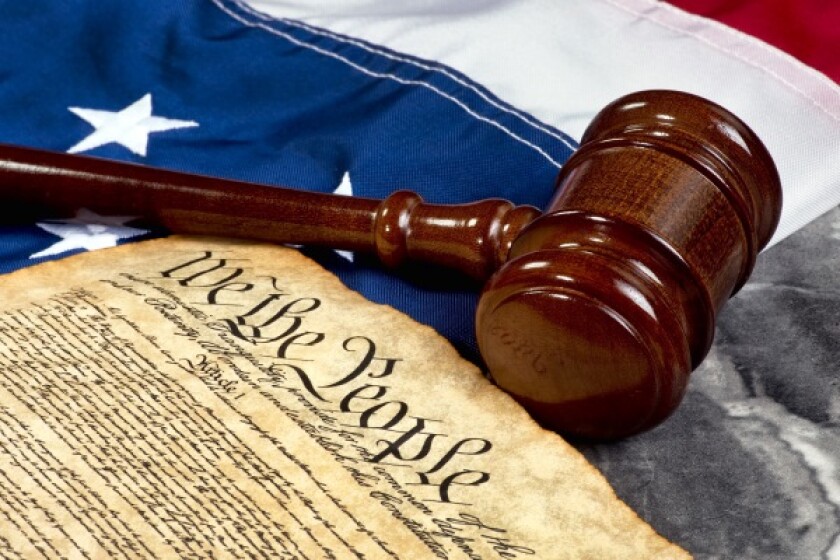If you are an in-house lawyer, please take our in-house focused survey on the US patent landscape here: TAKE THE SURVEY
The survey contains 16 questions that are broken into three sections, and that should not take longer than six minutes to complete. The more responses we get, the more illuminating the final report will be.
Confidentiality
Your participation in this survey is confidential. Data collected will not be shared with third parties and will only be published in an AGGREGATED and ANONYMISED form.
Questions allow you to select “don’t know” as an option, so if you can’t comment on certain parts of the survey, we still want your response.
The survey
Change to the patent landscape has been prevalent and controversial. What one lawyer thinks is a common-sense measure to cut down on bad patents another might consider a disaster designed to kill innovation in an industry.
As IP in-house counsel consider how measures like legislative reforms, the rise of the Western District of Texas, and standard essential patents will affect their companies’ IP rights, we want to understand how they feel about the state of the patent landscape.
The survey will be divided into three sections.
Section one: Broad concerns
Is the US becoming more or less patent friendly? What’s the biggest patent-related challenge your company faces? In this section, we’ll ask you a range of questions about IP law issues most relevant to your business.
Section two: The courts
What’s your impression of the PTAB? And what’s the best district court to litigate in for patent matters? We want to know how you best utilise the courts and what you would like to see them look like in the future.
Section three: The USPTO
How do you feel about director Andrei Iancu’s performance? And what changes would you like to see the IP office make? The USPTO’s role in granting patents to inventors and implementing judicial and legislative changes makes it a crucial part of any patent prosecutor’s career. We want your answers on how the office can best be of service to you.
The results
The results will be released in a three-part report, which will be published in May and include additional analysis from lawyers. We hope the final report will provide valuable insight on how in-house lawyers feel about the patent landscape.
Thank you for your time and I hope you enjoy filling in the survey.











